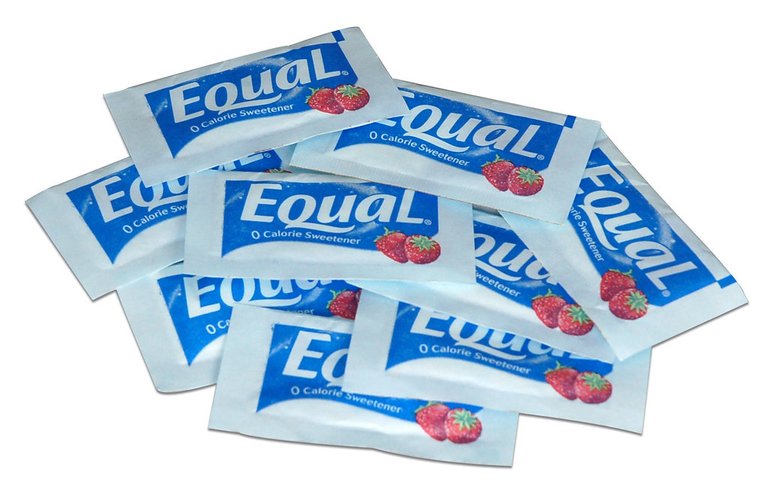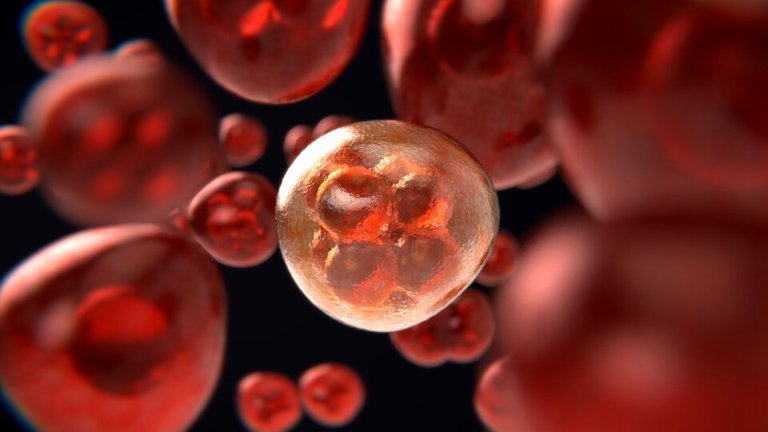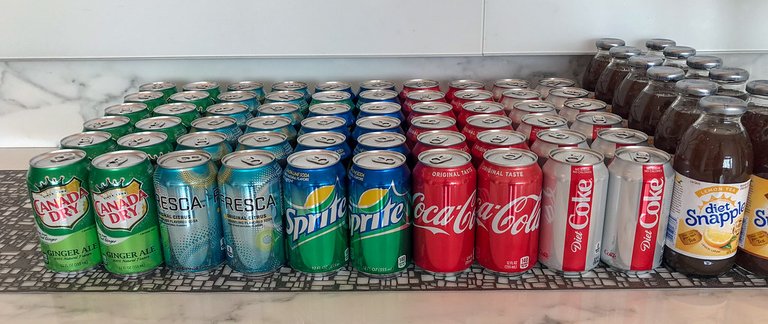Aspartame was approved for use in the food and beverage industry decades ago. For those of you who do not know, aspartame is non-sugar sweetener used in beverages that come with the name "Diet" or "Zero" but still tastes sweet, it is also found in chewing gum, gelatin, ice cream, breakfast cereal, toothpaste, medications such as cough drops, chewable vitamins and dairy products such as yogurt. While this chemical sweetener is still being used, there is a possibility that it could lead to cancer (Take note; a possibility).
The recommended acceptable daily intake for aspartame is 40 mg/kg of body weight and this is what we are still recommended to take on a daily. If you are someone who do not enjoy taking sweet things (based on taste), I do not think aspartame is good for you because according to the European Food Safety Authority, it is a low-calorie artificial sweetener, but is approximately 200 times sweeter than sugar.
The World Health Organization International Agency for Research on Cancer (IARC), just analyzed the carcinogenic effects of aspartame and its possible risk effect. This analysis has also began to look into changing the acceptable daily intake of Aspartame but according the the statement given by the WHO on July 14, 2023, we are still going to be consuming the 40mg/kg of body weight daily but then what is aspartame?
The WHO at one point in 2023 warned that people shouldn't take sugar substitute to lose weight saying it might have a short term impact on our health. We can tell that it is bad to drink sugary beverages, but it is also bad to drink diet sweeteners like aspartame. But then, shouldn't we know much about things like Sweeteners and their effect on our long term health, impact on body fat, and metabolic status?
The NIH believes that the food industry should be doing studies on these type of products since they have more expensive and extensive studies like that of drugs and as you would expect, the food industry will not perform this researches because they are expensive to them, and the result might affect their sales.
When we drink sugar, our tongue feels the taste, tells the hypothalamus that sugar is coming. The hypothalamus sends a signal to the pancreas that sugar is coming so insulin needs to be released but in the case when sweetener is taken in, the brain signals the pancreas to release sugar, but this sugar never gets to the body. The pancreas would release the insulin because it was tricked onto believing that sugar was being sent into the body and could still lead to weight gain even though not excessive.
A study of four groups on impact of diet on weight with Sugar soda, Diet soda, milk, water diet everyday for four months. The sugar consuming person gained 22 pounds, the diet soda group gained 3.5 pounds, the milk group remained the same, and the water group lost weight. The increase in size of the two groups is as a result of insulin release. Lactose and water do not stimulate insulin release, but diet soda triggers insulin release.
The more insulin release trigger, the more a person is prone to developing insulin resistance, the more a person is likely to develop type 2 diabetes. The link between obesity and type 2 diabetes can increase the risk of developing certain types of cancer related to being overweight like meningioma, myeloma, and so on.
For now, we have not had any definitive study or research that has been able to link aspartame with cancer as the researches have not been accepted by the science world. This is because their methodology is still questionable and their results are still not definitive. So for now, no studies have confirmed the intake of aspartame and its risk of cancer in humans.
Reference
https://www.who.int/news/item/14-07-2023-aspartame-hazard-and-risk-assessment-results-released
https://www.efsa.europa.eu/en/topics/topic/aspartame
https://www.iarc.who.int/wp-content/uploads/2023/06/
https://apps.who.int/food-additives-contaminants-jecfa-database/Home/Chemical/62
https://www.who.int/news/item/15-05-2023-who-advises-not-to-use-non-sugar-sweeteners-for-weight-control-in-newly-released-guideline
https://www.nytimes.com/2023/05/15/well/eat/sweeteners-weight-loss-who.html
https://www.unisa.edu.au/connect/enterprise-magazine/articles/2023/the-who-says-we-shouldnt-bother-with-artificial-sweeteners-for-weight-loss-or-health-is-sugar-better/
https://www.ncbi.nlm.nih.gov/pmc/articles/PMC1829363/
https://www.ncbi.nlm.nih.gov/pmc/articles/PMC3210834/
https://www.cancer.gov/about-cancer/causes-prevention/risk/diet/artificial-sweeteners-fact-sheet
https://pubmed.ncbi.nlm.nih.gov/37323037/



